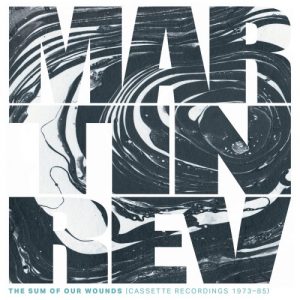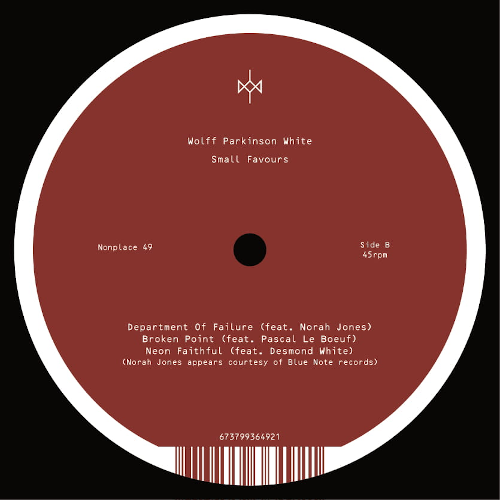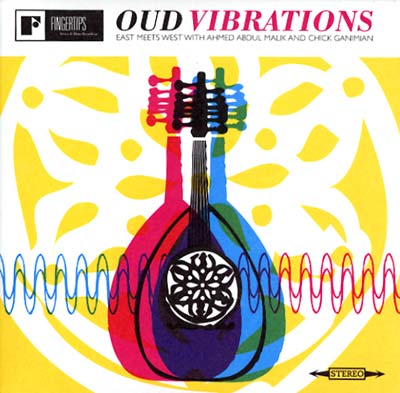 Martin Rev‘s essential part in the growth of electronic music both solo and as part of Suicide are well documented; just read David Solomons‘ exhaustive review of the first Suicide album on this site to understand their integral place in the development of the genre.
Martin Rev‘s essential part in the growth of electronic music both solo and as part of Suicide are well documented; just read David Solomons‘ exhaustive review of the first Suicide album on this site to understand their integral place in the development of the genre.
The liner notes suggest that the album sits together as a unified whole, but to me this is more of a series of snapshots taken at random, showing a specific moment; a point in his musical evolution that is captured and reflected upon as we move forward. Rev’s sound and structure is unique and these pieces genuinely couldn’t be anybody else; the rattle of cheap rhythm boxes, the whine and wheeze of keyboards and the scintillating atmospheres are all his — and from these disparate parts, a career was born.
There is something charming, almost childlike about the music box melody of opener “Yearning” and it is hard to resist. It opens up our expectations, but the wide variety of both recording quality and atmospheres means that we really have no idea what is going to come next. Just in the first few minutes we have the diffuse and wafting “Dreams”‘, the distorted and mangled industrialisms of “Skateboard” and the manic energy and ear-splitting soundbursts of “Laredo”, with its rockabilly guitar twangs and what sound like computer game flourishes and Gregorian voices. It is thrilling stuff and the tracks are often over before you even realise; the album squeezes those sixteen tracks into thirty-five minutes. If you have followed Martin’s career at all, you can’t help but recognise certain elements: “Zeitpunkt” contains the rattling A/C breathing of “Frankie Teardrop”, but with distorted bells and a developing whine, and it would really have been fascinating to see how some of these drafts might have developed into something fuller. “Around The Corner” is a forty-five-second sketch that is over almost before it begins. There are a few tracks here that have lovely resonant but simple bass piano motifs; the tension-building atmosphere of “Asia” would suit a soundtrack, while the mix of “Baby O Baby” gradually subsumes the six-note motif and develops a growling vocal line, which is a pleasant surprise. His voice simmers low in the mix and trades places with the textured sounds.Rev’s love of early rock’n’roll shines through on some of the rhythms, particularly on “She’s Back”, and the basic and esoteric sit well together in this mix as the track fades into driftless unsettled ambience. Its sepulchral atmosphere is completely at odds with the children’s’ tones and soaring, phased susurrations of “Temptation” which follows. It is part of the charm of the album that it is so varied and there is no obvious chronology, and for me it works far better for that, keeping you guessing right to the end.
The final track is an excellent conclusion; “Whisper” takes the rhythm of what would become Suicide’s “Surrender” and has a Martin Rev vocal that is completely different to the Alan Vega one that appeared on A Way Of Life. His voice is a dark half-spoken croon that makes you slightly disappointed that he didn’t put it to more use.All in all, The Sum Of Our Wounds is essential, not just for fans of Rev and Suicide, but just for anyone who has an interest in the development of bedroom electronic music and how it has developed over the years. Maybe there is more in the archive. We can only hope.
-Mr Olivetti-



